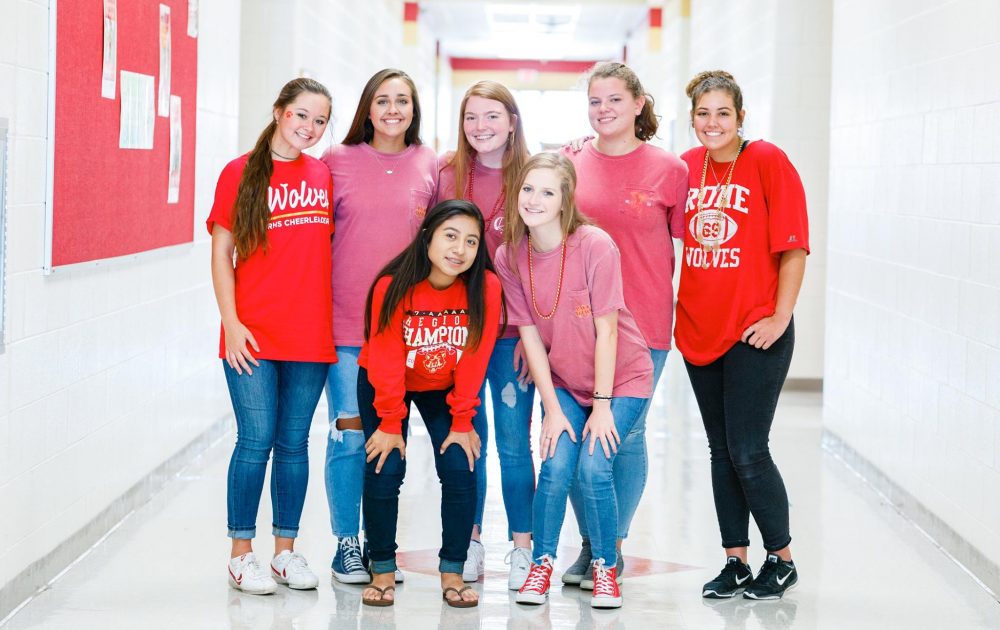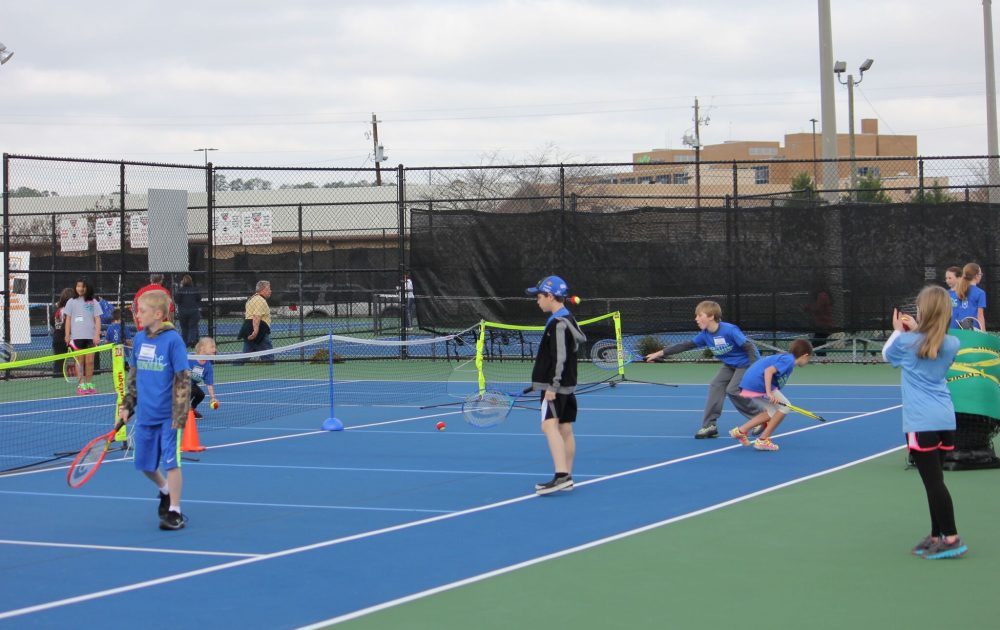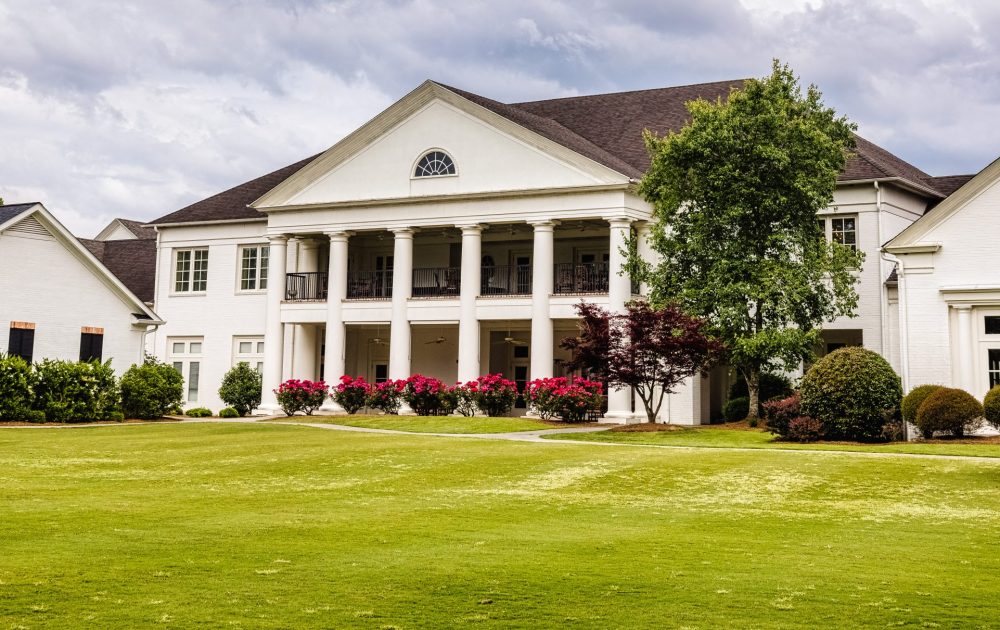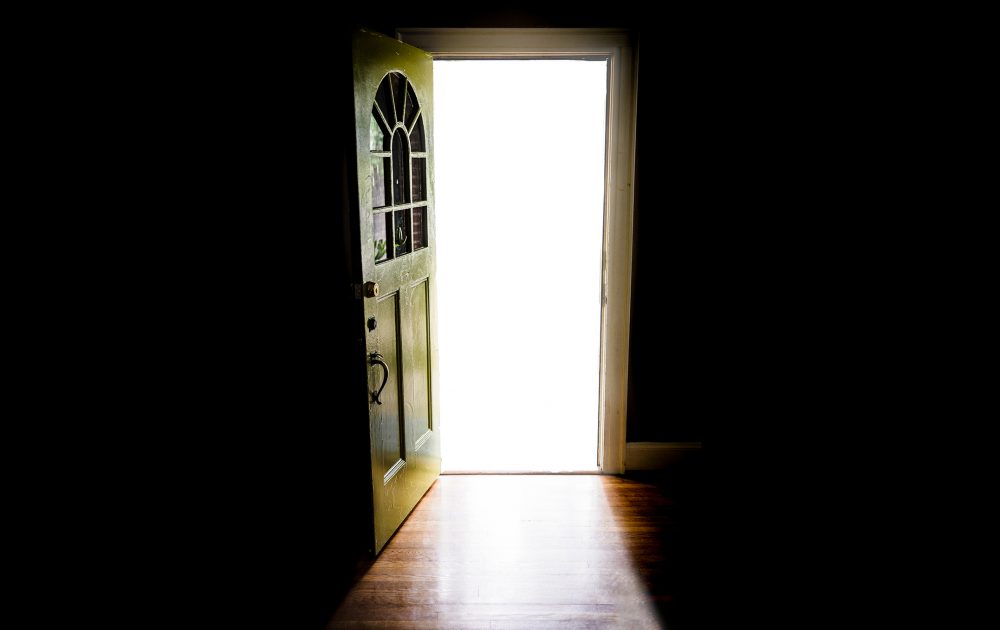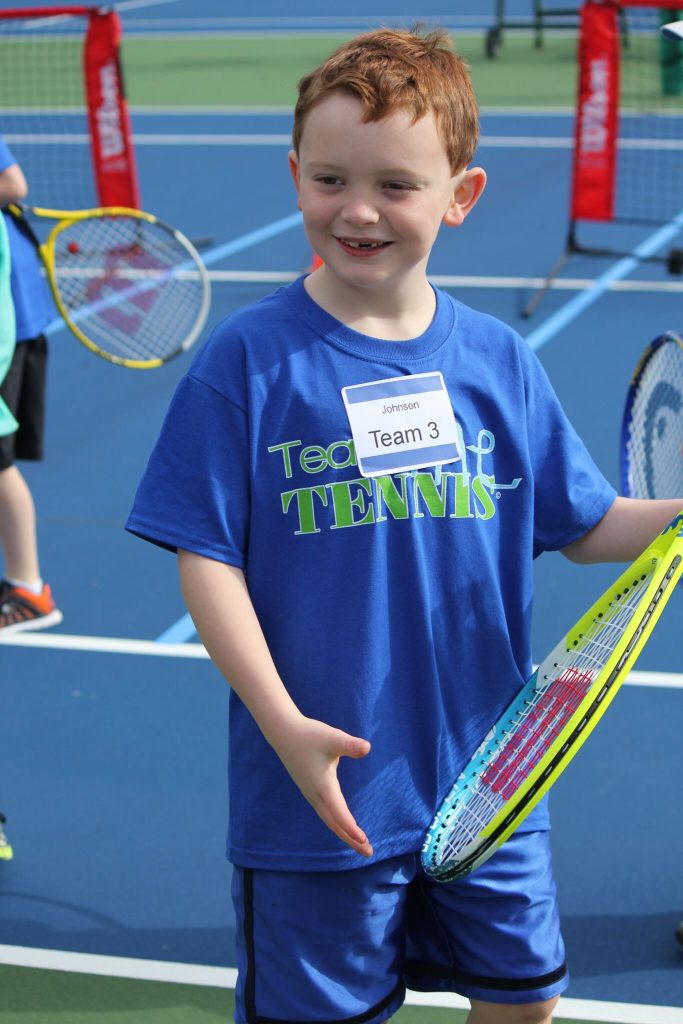
Photos by Derek Bell and Teach Me Tennis
Sun visors and country clubs no longer monopolize the clay courts or limit access to the premiere racquet sport, at least not in Floyd County. Often stigmatized and associated with Ivy League trust funds, mansions on Martha’s Vineyard, and poolside tuxedoed waiters, tennis has found a grassroots home in Rome through the community of Teach Me Tennis. By equipping local schools with the racquets and resources to teach elementary students, this local organization aims to connect kids with this lifelong sport, whether they are the next Andre Agassi or a future Saturday afternoon doubles athlete.
With Floyd County already well supplied with courts at the Rome Tennis Center and with the upcoming Tennis Center of Georgia facilities adjacent to Berry College, Teach Me Tennis sees an empty field with fifteen thousand prospective players waiting to lace up their sneakers, cross into the white lines, and discover their racquet. Behind this vision is the leadership of JP Selle, Cristian Lopez, and David Araiza, coaches who believe the sport creates community. More than topspin lobs and crosscourt backhands, their passion is for serving Floyd County through the philosophy of tennis.
A native of Chile with a heart for the sport as deep as his accent, JP Selle is the tennis director at the Coosa Country Club. His lifelong journey with a racquet is not the product of a weekend hobby, but springs from a personal creed of constant improvement. Selle shares, “In order to succeed at tennis, you have to put in a lot of effort. It’s not a freebie, and even if you were born with natural talent, if you don’t work hard, you won’t excel. Tennis has shown me over time, that in anything I do, I need to invest effort.” Having competed in the Junior Davis Cup as a junior athlete and having departed his homeland for higher education at Shorter University and Berry College, Selle is a testament to his own wisdom. “If kids take hold of this value, the community will grow,” Selle says.
While professional educators, grandmas, and the federal government all appreciate the utility of physical activity, Selle believes tennis provides more than an elevated heart rate. “In our society,” Selle shares, “we need young people to learn sportsmanship, to respect each other, and learn how to compete in a healthy environment. By just touching a racquet and a ball, we are giving them the opportunity to embrace those values for the rest of their life.” A lifelong sport with a lifetime of value, both cardiovascularly and ethically, Selle hopes to empower the youth of Floyd County through tennis.
Beyond the philosophy of tennis and onto the local application, Teach Me Tennis, according to Selle, “Created a way so PE teachers can have a large class of kids, can manage their interactions with each others, so they can learn how to play tennis. Our program is step-by-step, lesson-by-lesson, on how to do just that.” For Selle and the team, the win was enabling each kid “to have their own tennis racquet, to take it home with them, and to be able to play against their garage door, play with their friends.”
Because the organization designed their curriculum to fit into the school system’s physical education calendar, Selle explains, “We had to bring the kids from point A of having never picked up a racquet to competing in a tournament in six weeks.” By hosting a competition as a culmination of the tennis learning process, the Teach Me Tennis team could celebrate with their pupils and showcase their new talent to parents and educators, while also reinforcing the championed ideals. Selle shares, “There are ways to foster competition in kids teaching them to respect each other and believe in themselves, and so the whole process of Teach Me Tennis ends with a tournament allowing the kids and their schools to compete.”
With the spring semester of 2015 being the first year the Floyd County school system offered this program to students, Selle and the other Teach Me Tennis members had a healthy anxiety for its reception. Selle explains, “We had a school sign-up deadline for Teach Me Tennis, and five days before this deadline, we had about fifteen kids signed up. And we all thought, this is really not going to work.Two days before the deadline, forty kids had signed up. The day before, we had ninety.” When the first session began, despite the nerves and the expectant moments, one hundred forty students had signed up to don a t-shirt, swing a racquet, and commence the rousing journey as a beginner.
An advocate of the organization from its inception and a believer in tennis, Suzanne Clonts, the Director of Federal Programs for Floyd County schools, says “now having had our first year, you have kids who have racquets wanting to come back. They’re going to be telling their friends, have your mom sign you up for the tennis program!” For Clonts, this is a victory for the youth, for the educators, and for Teach Me Tennis. “What I was able to do,” Clonts explains, “was get their foot in the door at the schools. I went to Dr. McDaniel, our superintendent, and I explained this is absolutely outstanding for everybody. It gives our P.E. teachers another tool for teaching and it’s an opportunity to introduce kids to tennis.”
To grow a community of raving tennis fans, Teach Me Tennis knew the love had start with youth. Selle shares, “I’m a true believer in starting from the bottom up and so our goal is to put a tennis racquet in every kid’s hand in Floyd County.” This belief became strategy, according to Suzanne Clonts who says, “He wanted to specifically speak to the elementary school principles because we knew where we needed to start.”
Beyond the education boardroom and past the curriculum, Sam Couch, the PE teacher at Johnson Elementary, witnessed the reaction of kids to newly discovered tennis. Couch recalls, “I heard one from one mom, her son had forgotten his racquet that morning. She called me in a panic, because the kid was always so excited every Wednesday for tennis lessons. She said he always was asking is tomorrow Wednesday? Is tomorrow tennis day?”
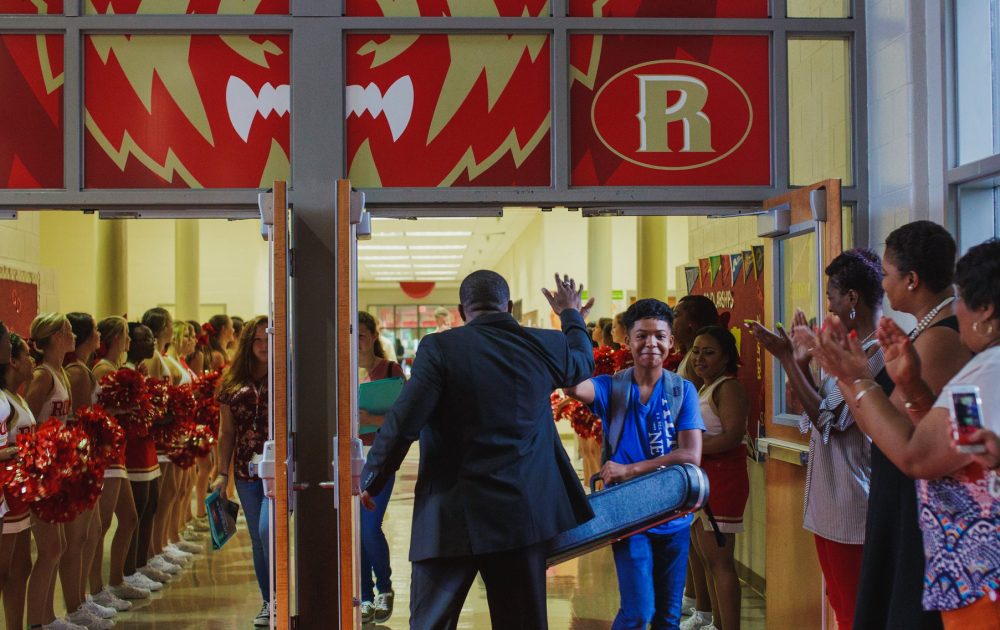
With this instant community love, Selle shares the success was not random. “Coosa Country Club allows me, Parks & Rec allows David, and Rome Tennis Academy allows Christian to put their time and our effort into this,” Selle says. In addition, according to Selle, “We were able to put this plan in action thanks to Suzanne Clonts, to Superintendent Daniels, and all the principles.” Because the board of education had confidence in Teach Me Tennis, the schools and over fifteen thousand elementary students will witness the program’s impact.
The tennis effect, the physical exercise, the character development, and the community building, is not a road without its share of potholes and fallen trees. Selle explains, “If I want to give a kid a tennis racquet, and I want to train the teachers or coaches to help these kids, and we want to coordinate the entire program, it takes a lot of time, effort, and money.” Currently, Teach Me Tennis depends on local donors as well as commitment from parents. “We are currently pursuing a non-profit status,” Selle shares, “because if we can receive community support, we will be reaching way more than one hundred and forty kids.”
Not every tennis player walks across the Wimbledon turf. Not every kid returning a serve leaves a legacy worthy of John McEnroe. However, Clonts dreams, “Who is to say that I don’t have the next tremendous athlete here in Rome, but nobody has put a racquet in their hand yet?” For Teach Me Tennis, the win is not whether the current and future students become Grand Slam champions or call up the neighbors for a weekly competition. The vision, the dream, is to connect kids with a sport that can change the game of life entirely.
To learn more about Teach Me Tennis, contact JP Selle or Suzanne Clonts at sclonts@floydboe.net.

